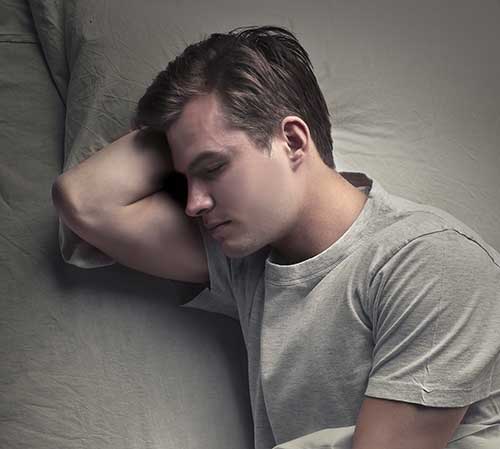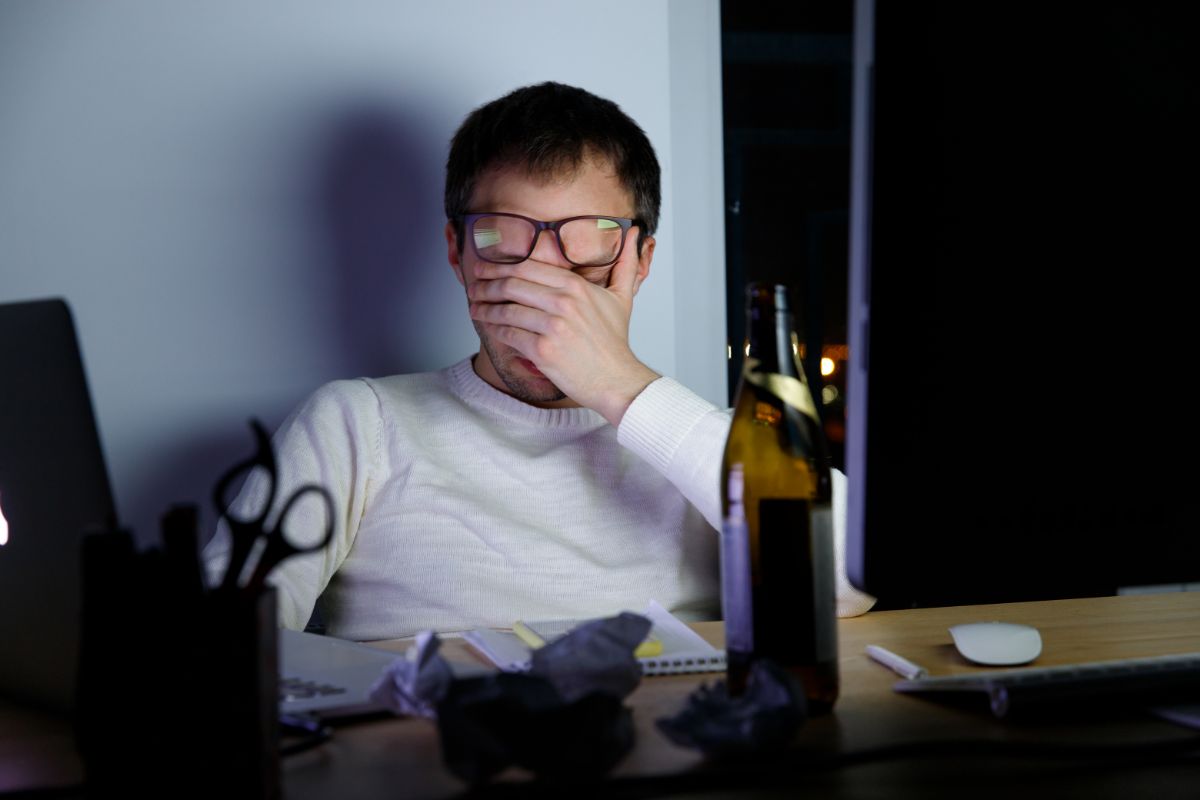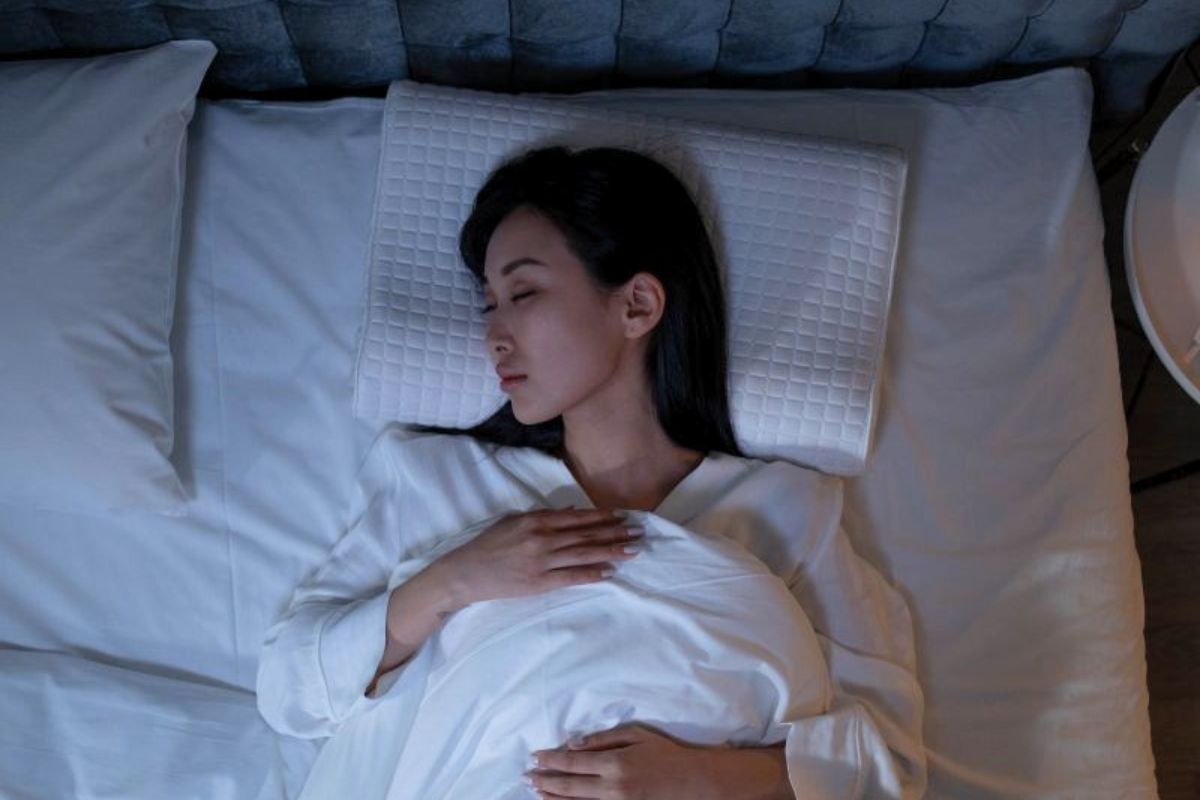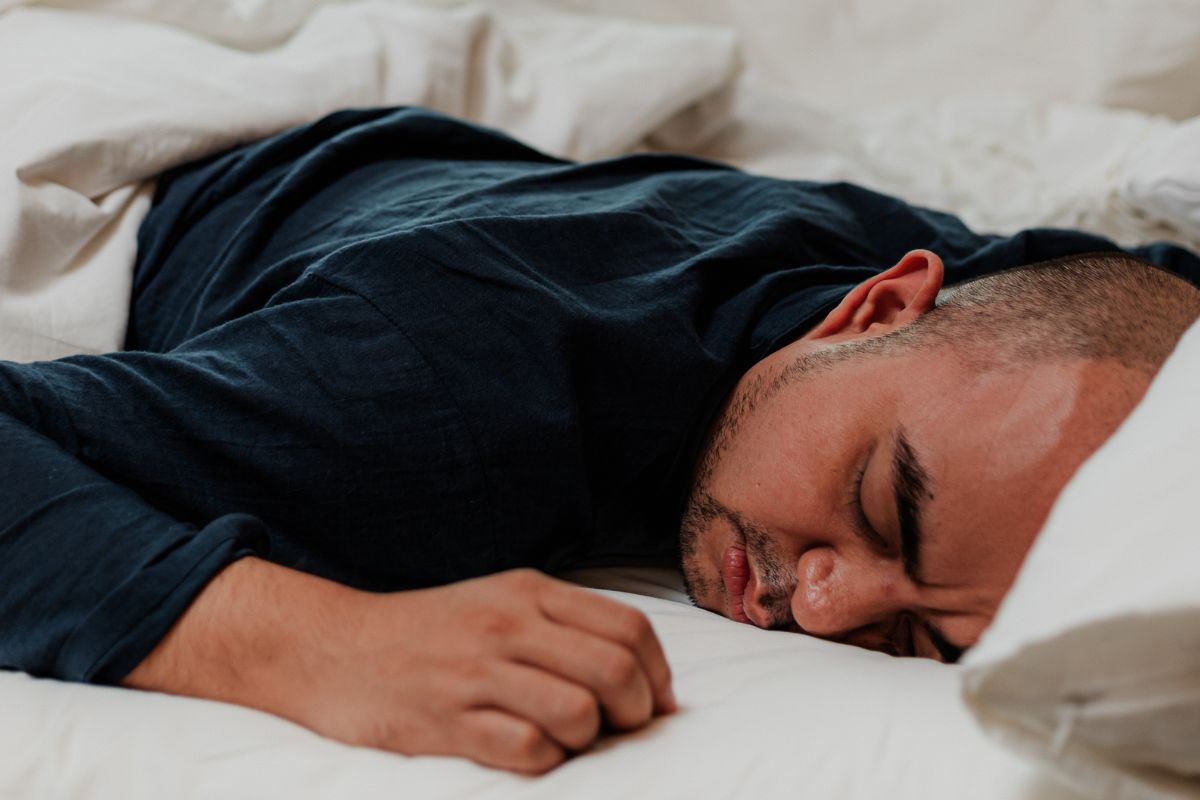Melatonin Overdose Rare, But Not Unheard Of
Melatonin overdose is rare. No cases of acute poisoning have been reported, although one paper did report on the case of a 66-year-old man being lethargic and disoriented on the day following a nighttime dose of 24 milligrams.
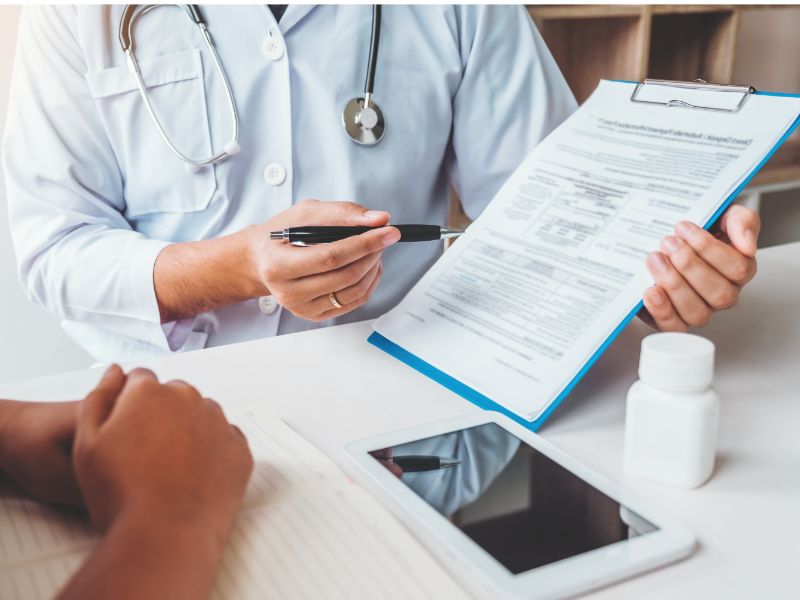
The best advice for someone interested in taking the supplement as a sleep aid is to take the smallest recommended dose and to discontinue use if negative side effects are experienced.
A review conducted in Spain looked at side effects and adverse reactions that had been reported and were believed to be caused by the use of the supplement over the last 35 years. The events reported included:
- Autoimmune hepatitis
- Confusion
- Optic neuropathy
- Fragmented sleep
- Psychotic episode
- Nystagmus
- Seizures
- Headache
- Skin eruptions
The dose involved was anywhere between 1 milligram and 36 milligrams. While the adverse events were believed to be related to the supplement, there could have been other causes.
Side Effects of Melatonin overdose
Autoimmune hepatitis is a disease affecting the liver. Many drugs are known to cause damage to the liver when used at high doses on a long-term basis. Some natural products cause liver damage too. While the hepatitis could have been a result of melatonin overdose,
there could have been other causes.
The supplement does not spend a great deal of time in the liver. 90% of the supplement is cleared from the bloodstream in a single pass through the liver. This is one of the reasons that doctors question whether or not the supplement is actually beneficial for sleep disturbances. It is very quickly excreted from the body.
The confusion reported in the review was probably the same case mentioned in the first paragraph because the review occurred after that report was made and used the same database.
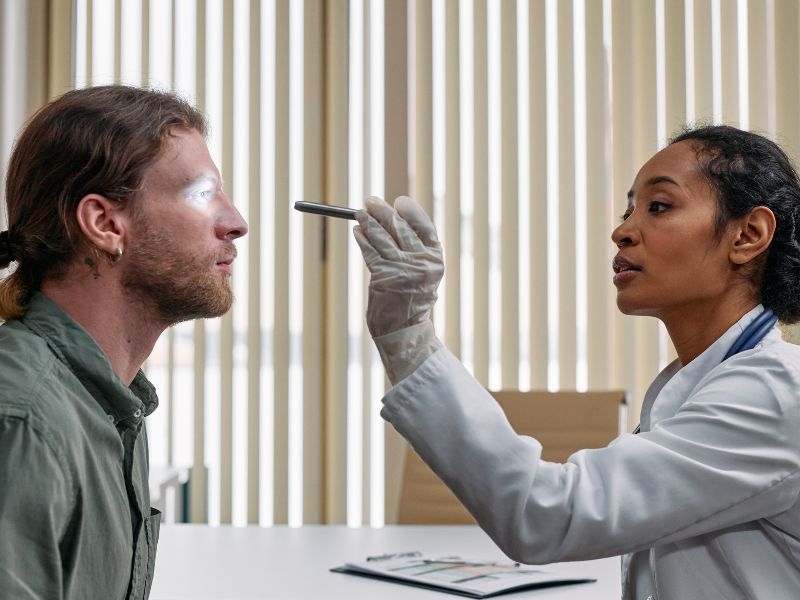
Optic neuropathy is damage to the inside of the eye, specifically to the optic nerve. It is most often associated with diabetes. It could have been related to a melatonin overdose or long term use of the supplement since there are melatonin-receptors in the brain and the optic nerve leads to the brain, although it does not generally have any long-lasting effects on vision.
Fragmented sleep was the most commonly reported adverse reaction. Fragmented sleep is a term that is difficult to define. It simply means that a person seems to wake up frequently throughout the night.
Any substance that has an effect on the brain can cause psychotic episodes, seizures or headaches. Nystagmus can also be caused by the use or abuse of psychoactive substances. It is an involuntary horizontal movement of the eyes.
Alcohol abuse can cause Nystagmus and those who are intoxicated exhibit the symptom. So it could certainly be a symptom of melatonin overdose.
The term skin eruption is rather broad. Changes in skin pigmentation could be related to the use of the supplement because it controls the infusion of the pigment melanin into the skin’s cells. The compound was first gathered from the pineal glands of cows in hopes that it could be used to treat certain skin diseases.
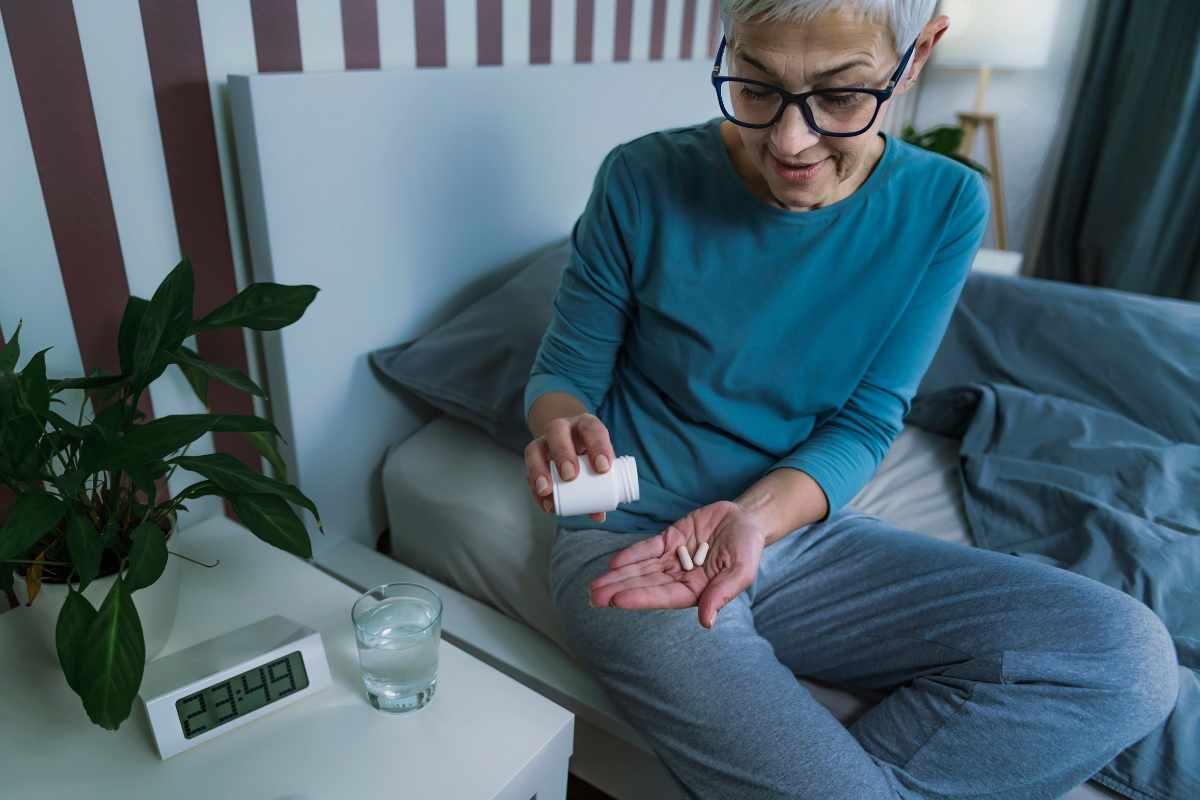
Conclusion of Melatonin Overdose
Researchers at Johns Hopkins University School of Medicine suggest that doctors should be aware of the possibility of melatonin overdose, particularly if it is used along with other sleep aids or for recreational purposes.
It is a natural substance produced in response to changes in natural light. As light fades from the sky, the body naturally produces it. But that does not mean it is completely safe.
The usual dosage is three milligrams. A higher dose has not been shown to provide better results and could lead to melatonin overdose.


